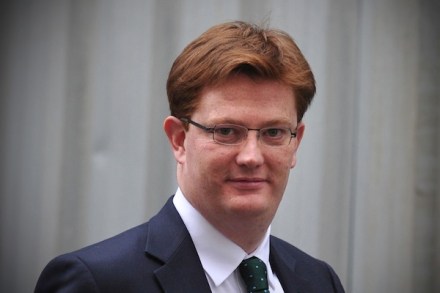Will civil partnerships kill the gay marriage bill?
There’s a conspiracy theory doing the rounds in Westminster that the ‘wrecking amendment’ for the gay marriage bill is a nifty way of the government dropping the legislation because it is unaffordable, and blaming Labour for backing a reckless proposal. At the morning lobby briefing, the Prime Minister’s official spokesman wouldn’t directly speculate on what might happen if the amendment does pass, simply saying ‘the government has a legislative programme’ and reiterating Maria Miller’s point that ‘there are a number of complexities’. I’ve spoken to a government source, though, who insists that even if the suggested £4bn price tag for pension liabilities as a result of heterosexual civil partnerships is



















